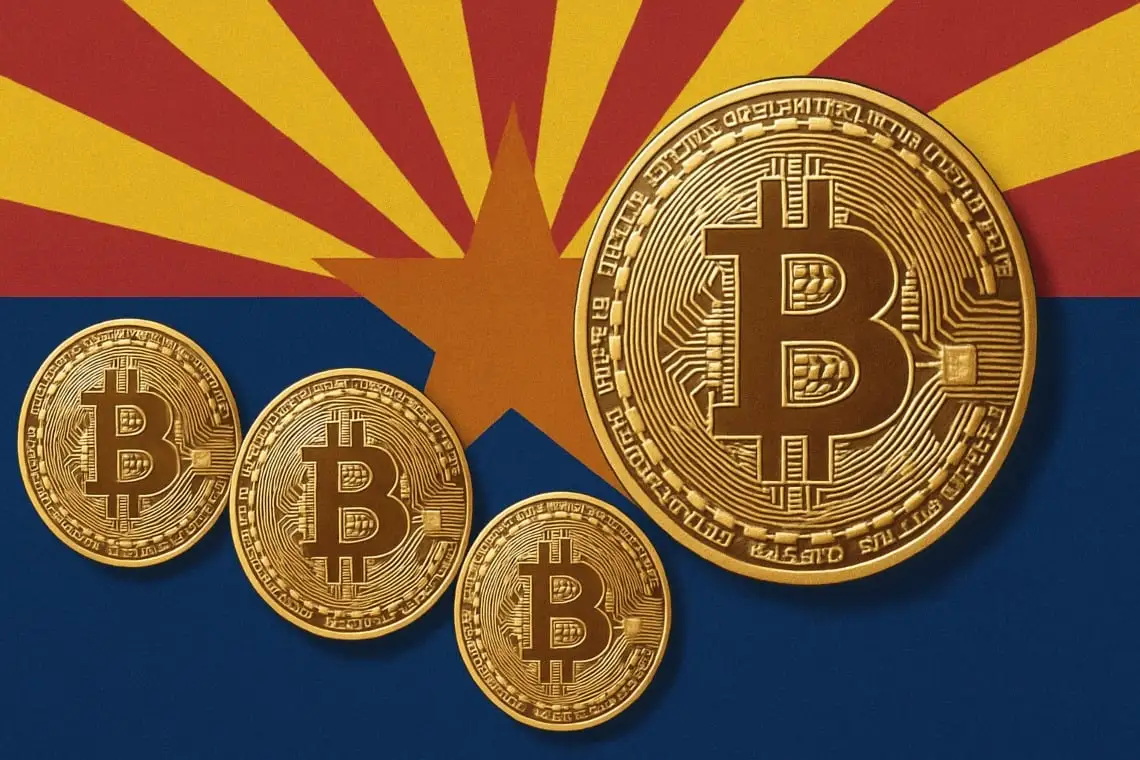Arizona officially became the second U.S. state to approve a strategic Bitcoin reserve after Governor Katie Hobbs signed House Bill 2749 into law. The legislation allows the state to use funds from unclaimed property to invest directly in Bitcoin.
These abandoned properties are funds, such as money in closed accounts or insured benefits, that the state holds for claimants. Under the new law, Arizona can invest parts of these funds into Bitcoin, hoping to build a reserve for long-term value appreciation.
Compared with the previous proposals, HB 2749 can be considered relatively conservative because the use of public tax revenue is not envisaged. Nevertheless, it forbids direct purchases of Bitcoin but keeps allowing the state to get more cryptos by airdrops and staking.
This could have been used efficiently as a hedge or an alternative form of value.
Also Read: Is XRP Being Secretly Controlled by Banks? Analyst Drops Shocking Clue
Specifically, Governor Hobbs vetoed Senate Bill 1025, another bill that was even more ambitious regarding the legalization of the use and realization of public and seized cryptocurrencies. This caused an uproar in the crypto industry, with many perceiving SB 1025 as a more robust stand regarding the integration of digital assets.
States Move Toward Crypto as an Investment Tool, Not Just a Concept
Despite the veto, the approval of HB 2749 has been well-received as it reflects a growing shift in how states are beginning to view Bitcoin. New Hampshire, which passed its own Bitcoin bill recently, was the first to take this step.
That law permits up to 5% of the state’s funds to be allocated to Bitcoin, showcasing a bolder investment strategy.
This increase shows that there is a growing trend of crypto acceptance in each state. Other considerations, such as the inclusion of passive yield methods such as staking, also imply that the state intends to build up its reserve beyond replenishment through the injection of fresh funds.
Arizona’s move has been welcomed widely by other industry leaders. Hunter Horsley of Bitwise stated that more than one state passing legislation regarding Bitcoin points to the increasing institutional embrace of the cryptocurrency.
For the same reason, Changpeng Zhao, the ex-CEO of Binance, echoed the same by arguing that government adoption of cryptocurrency is gradually heading towards inevitability.
Arizona’s decision to establish a state reserve in cryptocurrency adds more states to the list that embrace Bitcoin. By so doing, it becomes the second state in the USA after New Hampshire to support the use of virtual currency in legislation, thus boosting Bitcoin in the market.
Also Read: Pi Network Set for Shake-Up as Binance Wallet Triggers Listing Rumors
